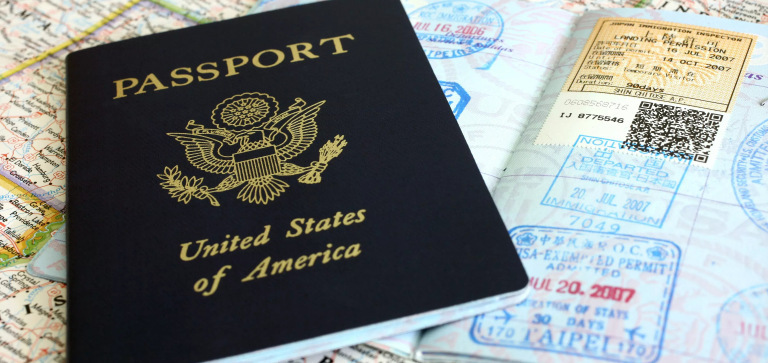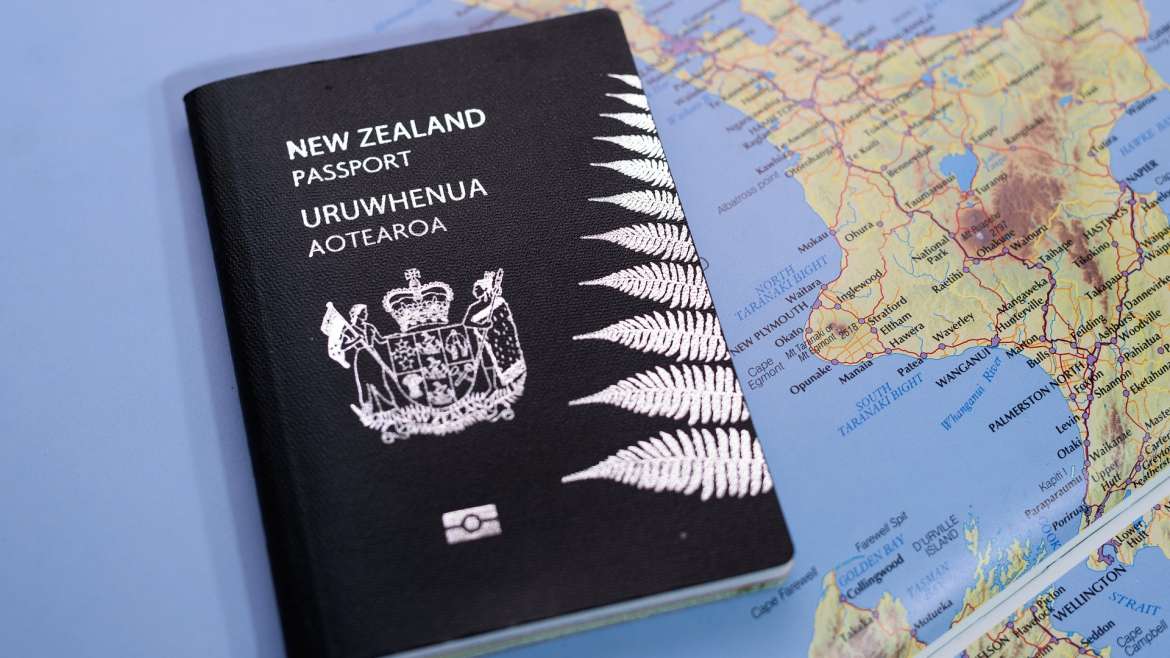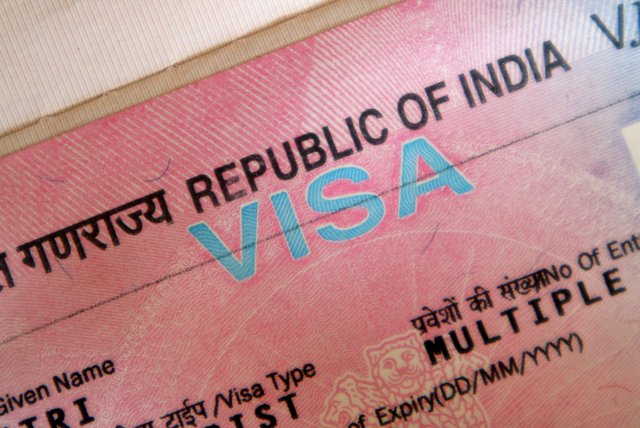Traveling to India is an exciting prospect, but it does require careful planning, especially when it comes to securing the necessary visa. Whether you’re a German citizen planning a cultural exploration or a Canadian entrepreneur looking to expand your business horizons, understanding the Indian visa process is essential to ensure a smooth journey. This comprehensive guide outlines everything you need to know about obtaining an Indian visa, from application procedures to travel tips. Indian Visa for German Citizens
Before diving into the specifics, let’s clarify what a visa entails. A visa is an official document issued by a country’s government that allows travelers to enter, stay, or leave its territory during a specified period. For India, visas are mandatory for most foreign nationals, including German and Canadian citizens, intending to visit the country for tourism, business, or other purposes.
Types of Visas for Traveling to India
India offers various types of visas tailored to different purposes of travel. For German and Canadian citizens, the primary types include:
Tourist Visa
The tourist visa is ideal for travelers planning to explore India’s cultural heritage, natural beauty, and historical sites. It allows for leisure travel and is usually granted for a specific duration.
Business Visa
Business visas are designed for individuals traveling to India for business-related activities such as meetings, conferences, or trade ventures. This visa requires documentation supporting the purpose of the visit. Indian Visa for Canadian Citizens
Medical Visa
A medical visa is necessary for those seeking medical treatment in India. Applicants must provide proof of treatment requirements from recognized medical institutions.
e-Visa Options
India also offers e-Visas, which are convenient for short-term visits. Available categories include e-Tourist Visa, e-Business Visa, and e-Medical Visa, offering simplified application processes online.
Specific Requirements for German Citizens
German citizens seeking an Indian visa must adhere to specific guidelines and procedures. The application process typically involves:
Application Process for German Citizens
Applicants can apply for an Indian visa through the online portal of the Indian Visa Application Center (IVAC) or through the embassy or consulate. The process includes filling out the application form, uploading necessary documents, and scheduling an appointment for biometric data submission.
Required Documents
Essential documents for German citizens include a valid passport with a minimum validity of six months, recent passport-size photographs, proof of residential address, and details of previous Indian visas (if applicable).
Processing Times and Fees
Processing times vary but generally range from a few days to a few weeks. Fees are determined based on the type of visa and duration of stay. It’s advisable to check the latest fee structure before applying.
Specific Requirements for Canadian Citizens
Canadian citizens have similar requirements but follow a distinct application process:
Application Process for Canadian Citizens
Canadian citizens can apply for an Indian visa through the IVAC or directly through the embassy/consulate. The process includes submitting biometric data and verifying personal details.
Required Documents
Required documents for Canadian citizens include a valid passport, recent photographs, proof of travel itinerary, and financial stability proof (e.g., bank statements).
Processing Times and Fees
Processing times and fees for Canadian citizens mirror those for German citizens. It’s crucial to plan ahead and submit applications well in advance of the intended travel date.
Comparison of Visa Types
Understanding the differences between traditional visas and e-Visas can help applicants choose the most suitable option:
Differences Between e-Visa and Traditional Visa
Traditional visas require physical submission of documents and biometric data, whereas e-Visas offer a streamlined online application process. E-Visas are generally quicker to process but have limitations on duration and entry points.
Advantages and Disadvantages of Each Type
Traditional visas provide flexibility in duration and purpose but require more extensive documentation and processing time. E-Visas are convenient for short-term visits but have restrictions on extension and re-entry.
Tips for Smooth Visa Application
Navigating the Indian visa application process can be complex, but these tips can help streamline the experience:
Common Mistakes to Avoid
Avoid errors in the application form, ensure all information is accurate, and double-check document requirements to prevent delays.
Tips for Expedited Processing
Submit applications well in advance of travel dates, gather all required documents, and follow up on the application status promptly.
Additional Considerations for a Hassle-Free Experience
Be aware of peak processing times, holidays, and embassy closures. Seek assistance from authorized visa agents if needed.
Understanding Visa Validity and Extensions
Once issued, Indian visas come with specific validity periods and options for extension:
Validity Period of Indian Visas
Visa validity ranges from a few months to several years, depending on the type and purpose. It’s essential to adhere to the specified duration and purpose of visit.
How to Extend a Visa If Needed
Visa extensions are possible under certain circumstances, such as medical emergencies or unforeseen delays. Applications for extensions must be submitted through the appropriate channels.
Costs and Procedures for Visa Extensions
Extension costs and procedures vary. Applicants must provide valid reasons for extension and comply with immigration regulations.
Traveling to India: Preparing for Arrival
Upon arrival in India, travelers must adhere to immigration and customs regulations:
What to Expect at Indian Immigration
Prepare to present a valid passport, visa, and customs declaration form at immigration checkpoints. Biometric data may be collected upon entry.
Necessary Documents Upon Arrival
Have copies of your visa, passport, travel itinerary, and accommodation details readily accessible for immigration officials.
Customs and Immigration Regulations
Comply with customs regulations regarding currency, goods, and prohibited items. Declare any items of value to avoid penalties.
Health and Safety Tips for Travelers
Health and safety should be a priority for all travelers to India:
Vaccination Requirements
Check recommended vaccinations before traveling to India, especially for diseases prevalent in certain regions.
Health Insurance Coverage in India
Consider purchasing travel health insurance to cover medical emergencies and unexpected health expenses during your stay.
Safety Tips for Tourists in India
Exercise caution in crowded areas, use reputable transportation services, and safeguard personal belongings against theft or loss.
Cultural Tips for Visitors
Understanding Indian culture can enhance your travel experience:
Cultural Norms and Etiquette
Respect local customs, traditions, and religious practices. Dress modestly in religious sites and public places.
Recommended Attire
Pack clothing suitable for India’s climate and cultural norms. Lightweight, breathable fabrics are ideal, especially in warmer regions.
Language Considerations
English is widely spoken in urban areas, but learning basic Hindi phrases can facilitate interactions and show cultural respect.
Exploring India: Top Destinations and Attractions
India boasts diverse landscapes and cultural treasures:
Popular Tourist Destinations
Visit iconic cities like Delhi, Mumbai, and Jaipur for historical landmarks, vibrant markets, and culinary delights.
Must-Visit Cultural and Historical Sites
Explore UNESCO World Heritage sites such as the Taj Mahal, Qutub Minar, and Red Fort for architectural marvels and historical significance.
Unique Experiences in India
Participate in cultural festivals, yoga retreats, and wildlife safaris to immerse yourself in India’s rich heritage and natural beauty.
Conclusion
Securing an Indian visa for German or Canadian citizens involves careful planning and adherence to specific requirements. By understanding the application process, required documents, and travel tips outlined in this guide, travelers can ensure a seamless and enjoyable journey to India.


